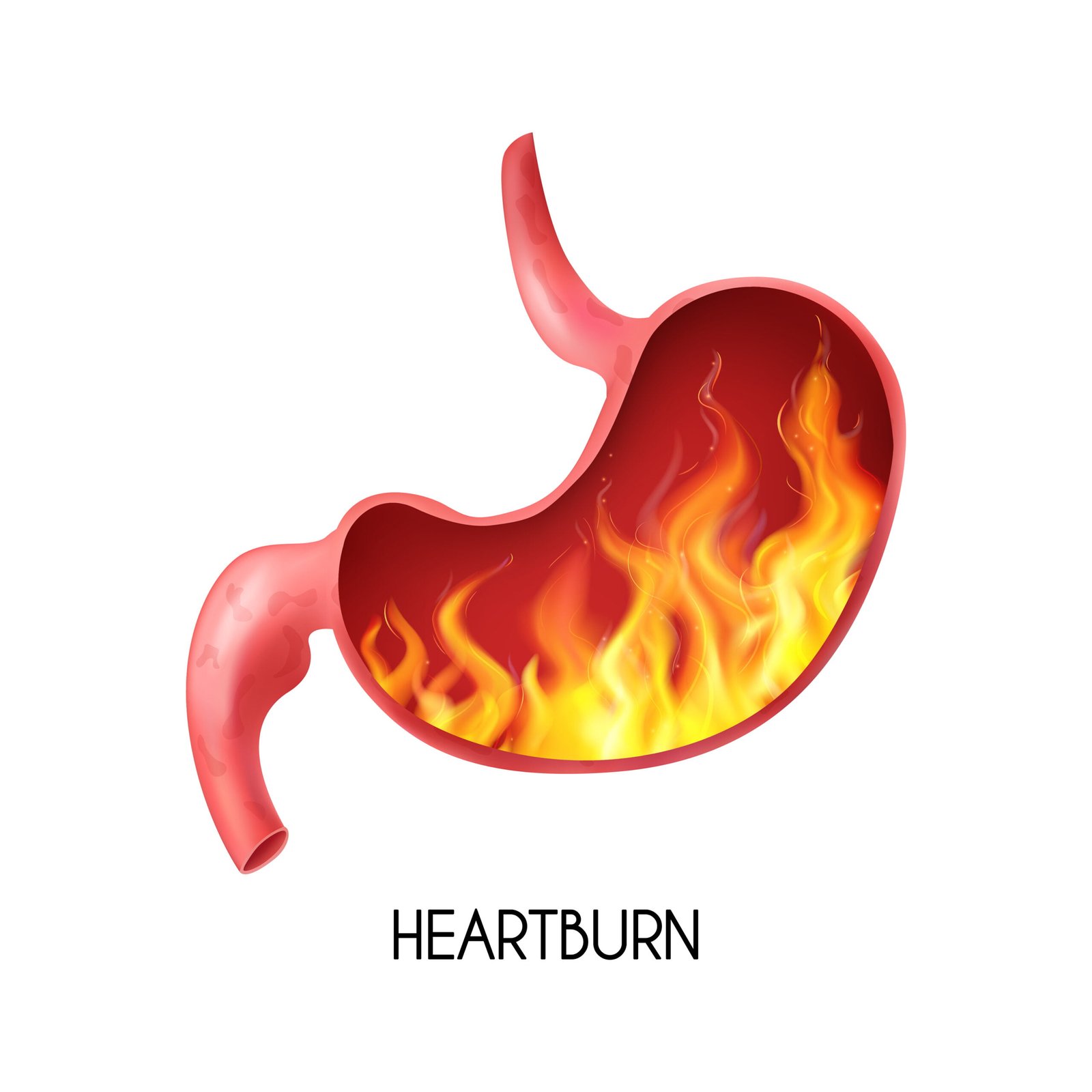Introduction
Acid reflux, also known as gastroesophageal reflux disease (GERD), is a condition that affects millions of people worldwide. It occurs when stomach acid flows back into the esophagus, causing discomfort and sometimes severe pain. While medications can help manage acid reflux, diet and nutrition play a pivotal role in preventing and alleviating its symptoms. Let’s explore the relationship between diet, nutrition, and acid reflux.
Understanding Acid Reflux
Before delving into the dietary aspects, it’s essential to understand the mechanics of acid reflux. The lower esophageal sphincter (LES) is a ring of muscle that separates the stomach from the esophagus. When this muscle relaxes or weakens abnormally, stomach acid can flow back into the esophagus, leading to the uncomfortable symptoms associated with acid reflux.
The Role of Diet in Acid Reflux
Trigger Foods: Certain foods are known to trigger acid reflux symptoms. Citrus fruits, tomatoes, chocolate, caffeine, spicy foods, and fatty or fried items are among these triggers. The acidity in citrus fruits and tomatoes can irritate an injured esophagus, while chocolate and caffeine can relax the LES. Spicy and fatty foods slow digestion, increasing the likelihood of acid reflux.
Portion Control: Overeating can put extra pressure on the stomach, causing acid to flow back into the esophagus. Smaller, more frequent meals can help prevent this.
Meal Timing: Eating large meals close to bedtime can be a recipe for acid reflux disaster. Try to finish your last meal at least two to three hours before lying down.
The Role of Nutrition in Acid Reflux
Fiber: High-fiber foods like whole grains, fruits, and vegetables are excellent choices for acid reflux sufferers. They help maintain a healthy weight and can prevent overeating, a common trigger for acid reflux.
Lean Proteins: Opt for lean protein sources like poultry, fish, and beans over fatty meats. Fatty cuts of meat can relax the LES and worsen symptoms.
Alkaline Foods: Some experts suggest incorporating alkaline foods into your diet, such as leafy greens, cucumber, and melons. These foods may help neutralize stomach acid.
Water: Staying hydrated is crucial for overall health, including digestive health. Water can help dilute stomach acid and prevent symptoms.
Low-fat Dairy: While high-fat dairy products can exacerbate acid reflux, low-fat or non-fat options like yogurt can be soothing due to their probiotic content.
Ginger and Turmeric: These anti-inflammatory spices have been reported to help alleviate symptoms of acid reflux. Try incorporating them into your meals or sipping ginger tea.
Mastic Gum: Some studies suggest that mastic gum may help protect the stomach lining and reduce acid reflux symptoms.
Conclusion
Acid reflux can be a painful and disruptive condition, but with the right dietary and nutritional choices, it’s possible to manage and even prevent its symptoms. Avoiding trigger foods, practicing portion control, and incorporating a balanced, nutrient-rich diet can make a significant difference in your acid reflux experience.
However, it’s important to note that individual reactions to foods can vary. What triggers symptoms in one person may not affect another in the same way. If you suffer from chronic acid reflux, it’s advisable to consult a healthcare professional or a registered dietitian to create a personalized diet plan tailored to your specific needs.
By paying attention to your diet and nutrition, you can take proactive steps to reduce the discomfort of acid reflux and improve your overall quality of life. Remember, making informed dietary choices can have a positive impact on your health, and when it comes to acid reflux, knowledge is your greatest ally.
References:
Diet and GERD – Gastroenterology & Hepatology.
Lifestyle Guidelines for the Treatment of GERD – American College of Gastroenterology.
The Role of Diet in Gastroesophageal Reflux Disease – PubMed Central.
Nutritional Management of Gastroesophageal Reflux Disease – Practical Gastroenterology.
Effects of ginger on gastric emptying and motility in healthy humans – European Journal of Gastroenterology & Hepatology.
Effects of turmeric on gastric acid secretion and gastric ulceration in rats – Indian Journal of Physiology and Pharmacology.
The therapeutic effects of mastic – PubMed Central.


